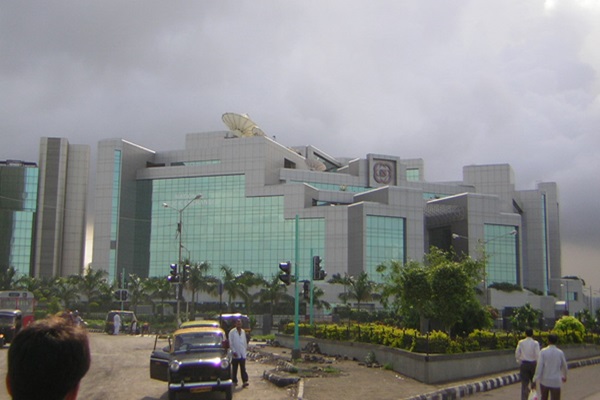.png)

Krishnadevan is Editorial Director at BasisPoint Insight. He has worked in the equity markets, and been a journalist at ET, AFX News, Reuters TV and Cogencis.
July 10, 2025 at 5:37 AM IST
The Securities and Exchange Board of India’s interim order against Jane Street Group for alleged index manipulation has unsettled market participants. This is not just about one global trading firm’s aggressive tactics. It’s a test of whether institutions entrusted with safeguarding India’s capital markets are fulfilling their fiduciary responsibility.
To understand the full implications, we need to look closely at the roles and possible lapses of the National Stock Exchange and its index arm, NSE Indices Limited.
The stakes are bigger than a single firm’s trades. The Nifty50 and Bank Nifty are not just numbers flickering on a screen. They are India’s premier indices—the foundation for trillions in investments. They shape retirement portfolios, guide mutual funds, and underpin a vast ecosystem of ETFs and derivatives. Their integrity is essential to investor confidence and the smooth functioning of the financial system.
When SEBI alleges that these indices were manipulated, the issue is not just regulatory, it becomes a systemic risk that reverberates through every layer of the market.
As a self-regulatory organisation, the NSE’s primary mandate is to ensure that its markets are fair, transparent, and efficient. This requires advanced surveillance systems to spot suspicious trading patterns as they emerge, swift response protocols to investigate and address red flags, and constant oversight of trading activity, particularly during high-risk periods like derivatives expiry.
Yet, SEBI’s findings suggest that Jane Street’s alleged manipulation was not a one-off event but a pattern, especially on expiry days when vigilance should have been at its highest. Yet even after a cautionary letter from NSE in February 2025, the problematic trading continued for months. This sequence of events raises uncomfortable questions about whether the exchange’s interventions were timely or sufficient.
Institutional Oversight
NSE Indices Limited, formerly India Index Services & Products Limited, is the architect and steward of India’s most influential benchmarks. As of May 31, 2025, NSE Indices manages over 400 Nifty-brand indices, forming the basis for 182 ETFs and 230 Index Funds in India, plus a growing presence across 20 international ETFs and 14 Index Funds. Derivatives based on Nifty indices are traded not only on the NSE but also on the NSE International Exchange IFSC Limited.
This central role places a significant responsibility on NSE Indices to maintain robust and transparent methodologies for index construction, to monitor constituent stocks for unusual price or volume movements, and to coordinate with the main exchange and regulators to detect and address any activity that could distort index values.
The stock exchange is also required to ensure fair and orderly trading of constituent stocks. It should also have surveillance systems to detect manipulative practices like spoofing or wash trades that can distort index values.
If, as SEBI alleges, index manipulation did occur, it raises pressing concerns about the effectiveness of these safeguards. Were the surveillance mechanisms strong enough? Was there enough coordination between NSE Indices, the main exchange, and the regulator to prevent distortions in real time? Or did the system only react after significant profits had already been extracted by sophisticated players?
It is also impossible to ignore the economics at play. NSE’s revenue streams include colocation fees paid by high-frequency traders for server proximity, market data sales, transaction charges, and regulatory fees. Each of these is tied to trading volumes. This creates an inherent conflict wherein the very institutions responsible for market surveillance also benefit financially from increased trading activity, including that generated by high-frequency and algorithmic traders.
This raises a tough but necessary question. Did the pursuit of higher revenues compromise the vigilance required to police the market? When the guardians of market integrity are also its biggest beneficiaries, robust checks and balances become even more critical.
The cost of lapses in market integrity is borne most heavily by retail investors. SEBI’s data shows that 91% of retail derivative traders lost money during the period in question. When the playing field is tilted, it is not just the small investor who suffers the most. Beyond individual losses, every episode of manipulation chips away at trust in the fairness of the market and could make institutional investors wary.
Stock exchanges are the first line of checks and balances. They must not abdicate their function as SROs, but actively regulate the conduct of their member brokers to ensure fair and transparent trading practices.
This episode should serve as a wake-up call for the entire market ecosystem. There must be a clearer separation between revenue-driven activities and regulatory oversight.
Accountability must extend not just to rogue traders, but to the institutions that enable them, by omission or commission.
Also read:




